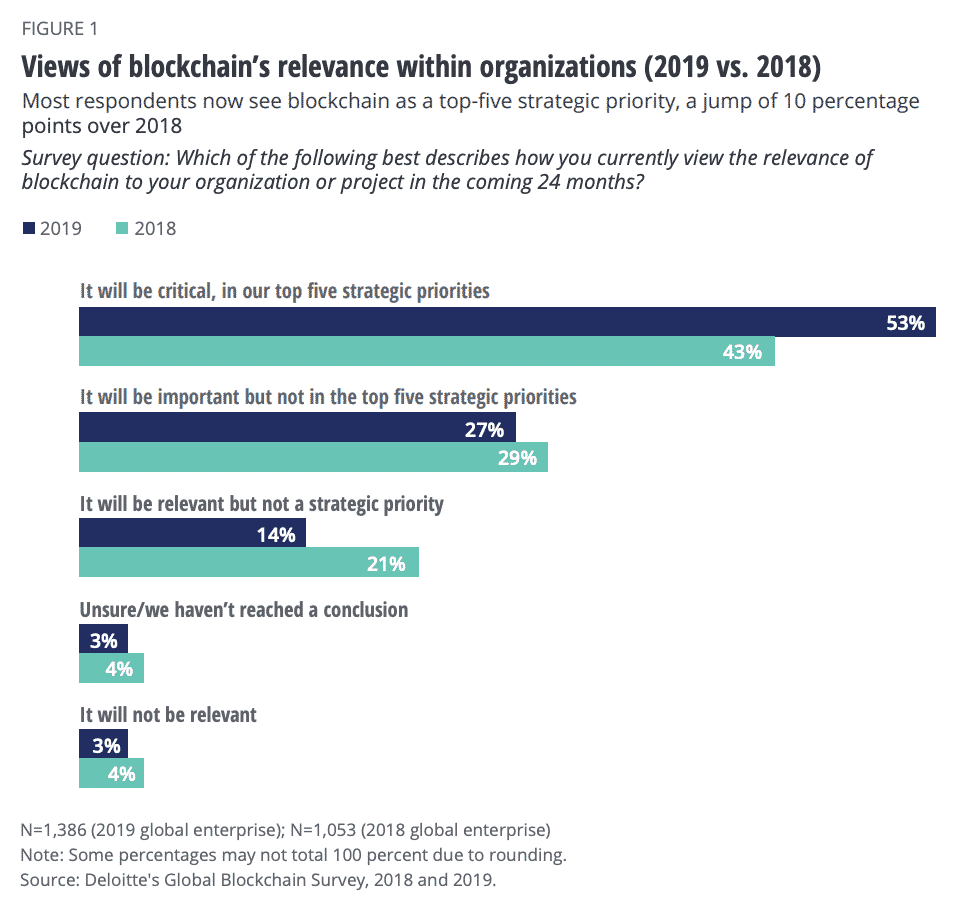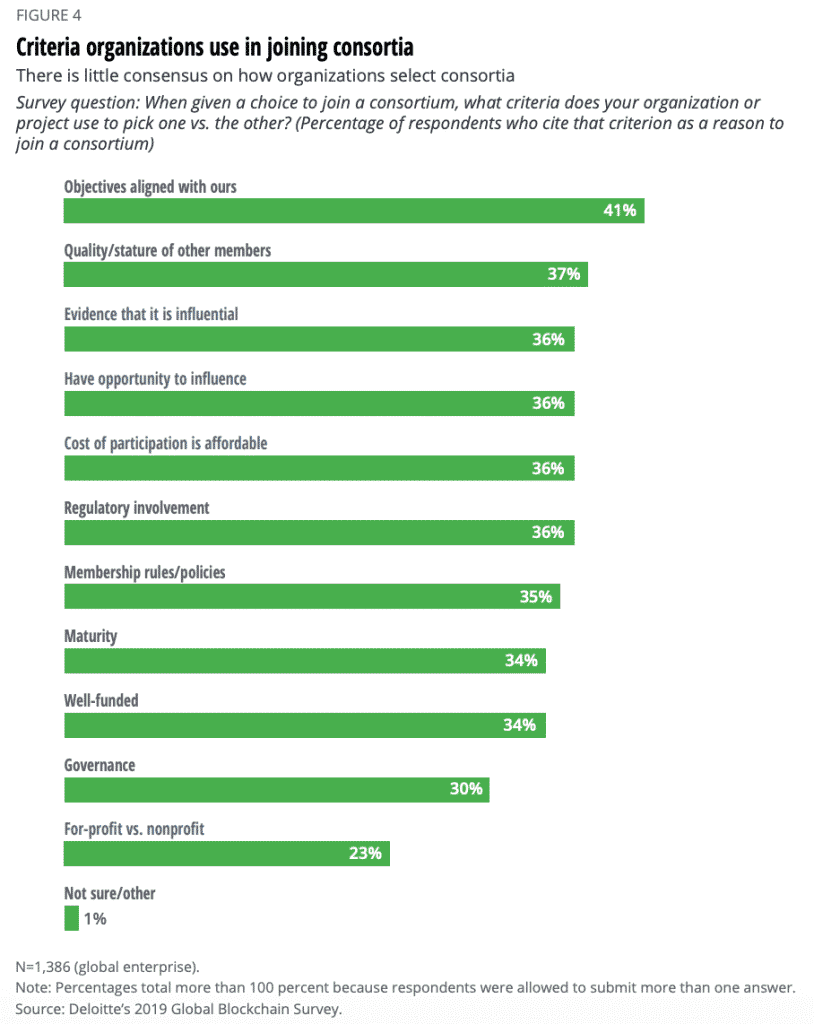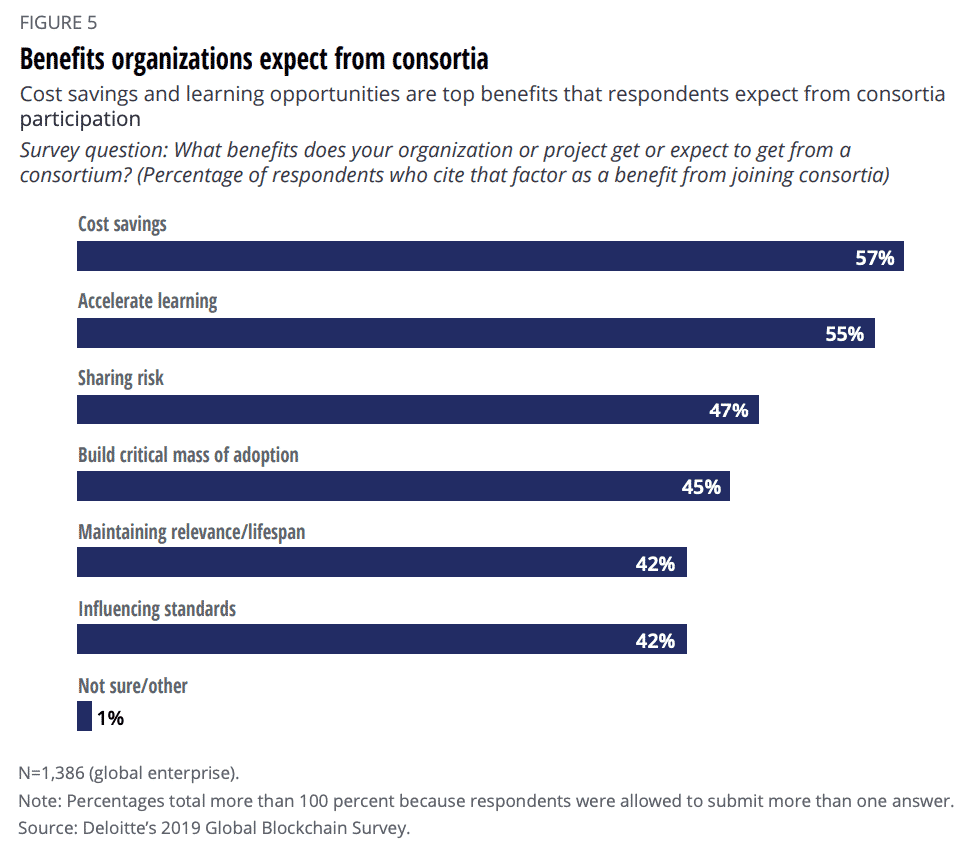
Blockchain investment and implementation continue to increase in financial services but also across multiple other sectors including technology, life sciences, media, telecommunications and government. More organizations are expanding and diversifying their blockchain initiatives, recognizing the larger, transformational importance of the technology, and indicating that the industry is maturing, according to a new survey by Deloitte.
Blockchain-savvy executives surveyed for Deloitte’s
2019 Global Blockchain Survey are optimistic about new and evolving use
cases and continue to see the technology as a connecting platform that can
reinvent many business models and reduce friction.
According to Linda Pawczuk, principal at Deloitte Consulting
LLP and US blockchain leader, this year’s survey results show that the tone and
terms of the debates around blockchain have changed, incorporating more use
cases and strategic visions of the future.
“As the blockchain story continues to mature and begins a
new chapter, we believe the question for executives is no longer ‘Will the
technology work?’; but, ‘How can we make this technology work for us?’,”
Pawczuk said.
53% of respondents said that blockchain technology has
become a critical priority for their organization this year, a 10%-point
increase from last year, and 40% are willing to invest US$5 million or more in
new blockchain initiatives over the next 12 months.

Survey results also point to signs that blockchain is
maturing as respondents see the technology providing more diverse advantages
than in 2018 and diversifying their initiatives.
Emerging disruptors – leaders at companies who built their
business models around the technology – cited business models and value chains
(42%) as the most significant advantage of blockchain. Meanwhile, enterprise
respondents were equally split between security/lower risk and business
models/value chains (23% for both) as the most significant advantage.
71% of enterprise organizations believe that blockchain
provides greater security than conventional information technology solutions,
while only 48% of emerging disruptors feel the same.
The research also explored attitudes of organizations toward blockchain consortia and found that the overwhelming majority of respondents (92%) either belong to a consortium or plan to join one in the next 12 months. Respondents cited alignment on objectives (41%), quality and stature of other members (37%), and opportunity forinfluence (36%) as primary criteria for joining a consortium.

The majority expect cost savings (57%) and accelerated learning (55%) as the top benefits from consortia participation, indicating that these still have an important role to play as the technology matures and practical applications begin to make their impacts across businesses, Deloitte says.

“The blockchain story is beginning a new chapter, one in
which the questions executives are asking are tougher, more granular, more
grounded and more pragmatic,” the report says. It concludes:
“They are questions that show an emerging awareness that the
technology seems ready for prime time. It works. Now executives must figure out
how to make the technology work for them – how to leverage innovation created
by emerging disruptors and how to align within the ecosystem.”

